Rights group demands urgent medical care for cancer-stricken Palestinian inmate
A Palestinian prisoners’ advocacy group has raised the alarm about the deteriorating health condition of cancer-stricken detainee Nasser Abu Hamid, stressing that he requires urgent medical care.
Hassan Abd Rabbo, a spokesman for the Palestinian Commission of Detainees' and Ex-Detainees' Affairs, said on Saturday that the 49-year-old was using a wheelchair as he could not stand on his own feet and move around.
Abd Rabbo added that Abu Hamid suffers from severe fatigue as well, and is in desperate need of medical follow-up.
Karim Ajwa, the commission’s lawyer, noted that Abu Hamid suffers from a serious deterioration in his health condition, and that he has difficulties in moving about.
The lawyer, who managed to visit Abu Hamid at Ramla prison hospital on Wednesday, noted that the Palestinian prisoner also suffers a memory loss and severe weight loss.
Ajwa added that the inmate was only given painkillers despite his serious health condition.
Abu Hamid was first arrested in 1987 during the First Palestinian Indifada (Uprising). Thereafter, he spent his life in and out of Israeli detention centers and prisons up until 1996.
He was last arrested during the Second Intifada in 2002 for “resisting the Israeli occupation,” and sentenced to serving seven life sentences and an additional 50-year jail term.
Abu Hamid is one of the five brothers from the same family, who are handed life sentences by Israel, with a sixth brother killed by Israeli occupying forces.
His health condition has seriously deteriorated since August 2021. Last October, he underwent surgery to have his lung tumor removed and was transferred to the Israeli jail before a full recovery.
Israeli jail authorities keep Palestinian prisoners under deplorable conditions lacking proper hygienic standards.
Palestinian inmates have also been subjected to systematic torture, harassment, and repression.
There are reportedly more than 7,000 Palestinians held at Israeli jails. Hundreds of the inmates have been apparently incarcerated under the practice of the so-called administrative detention. Some prisoners have been held in administrative detention for up to 11 years.
Palestinians and human rights groups say "administrative detention" violates the right to due process since evidence is withheld from prisoners while they are held for lengthy periods without being charged, tried, or convicted.
The detention takes place on orders from a military commander and on the basis of what the Israeli regime describes as secret evidence.
Rights groups describe Israel’s use of administrative detention as a “bankrupt tactic” and have long called on the regime to bring the practice to an end.
Israeli forces arrest Palestinians during raids on West Bank
Israeli forces have arrested a number of Palestinians during early-morning raids across the occupied West Bank.
Informed sources, who requested anonymity, told the Arabic-language Palestine al-Yawm news agency that skirmishes erupted when Israeli troops stormed the northern West Bank city of Jenin, and broke into several houses to arrest Palestinians.
The sources added that Israeli forces rounded up several local residents, and took them away to an unknown location.
The Israeli troops also arrested two young men, identified as Qusay Amour and Ezz Ziyad Sadaqa, in ‘Anza village, located 18 kilometers (11 miles) southwest of Jenin.
The forces also arrested a young man in the town of Burqin, and another near the northeastern West Bank city of Tubas.
The developments come as the Popular Resistance Committees (PRC) strongly condemned the recent acts of aggression in the occupied al-Quds and across the West Bank, and warned against Israeli authorities’ attempts to impose a new status quo on the ground.
“The Zionist regime's crimes against the Palestinian people have soared to a dangerous level, which require us to show a decisive reaction. The continuation of these crimes will naturally create more tensions,” the PRC said in a statement.
The PRC then held Israeli officials responsible for the repercussions of rising crimes against Palestinians in al-Quds and the West Bank.
“We will not allow Zionists to commit new crimes, as they have to pay dearly for their past crimes,” the statement pointed out.
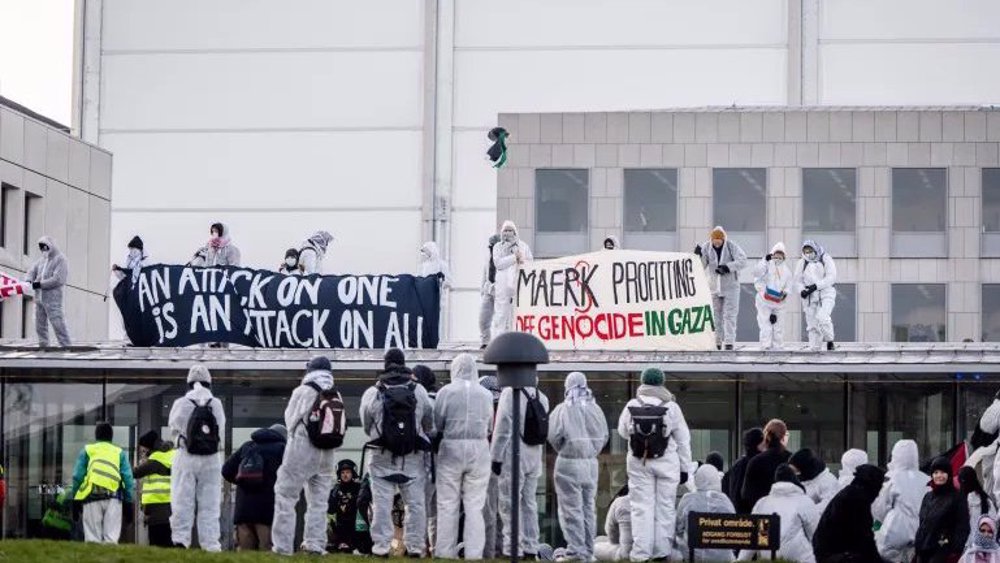
Danish police arrest 20 people protesting to stop military shipment to Israel
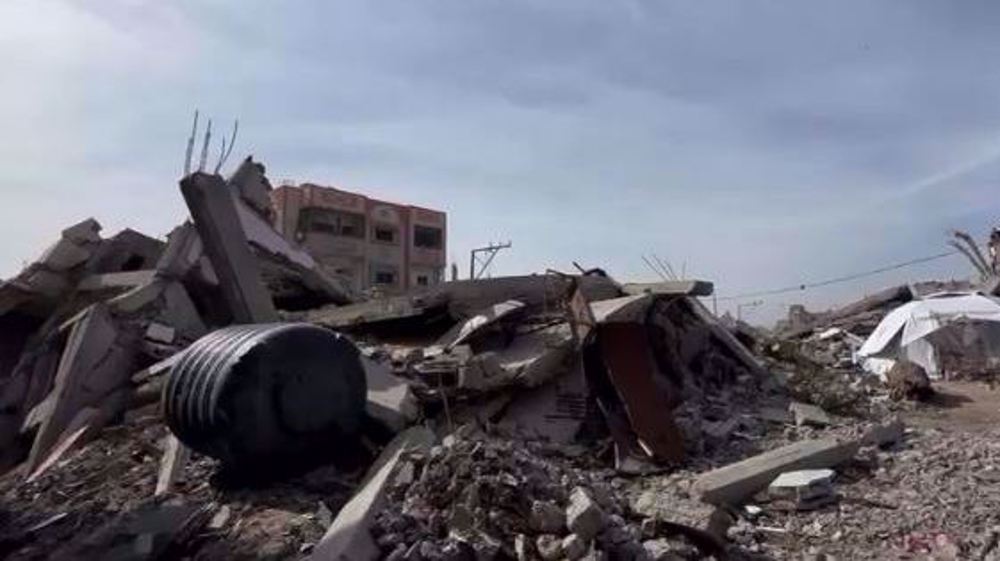
Shocking details of Israeli army’s massacre of 90 civilians from Juha family in Gaza
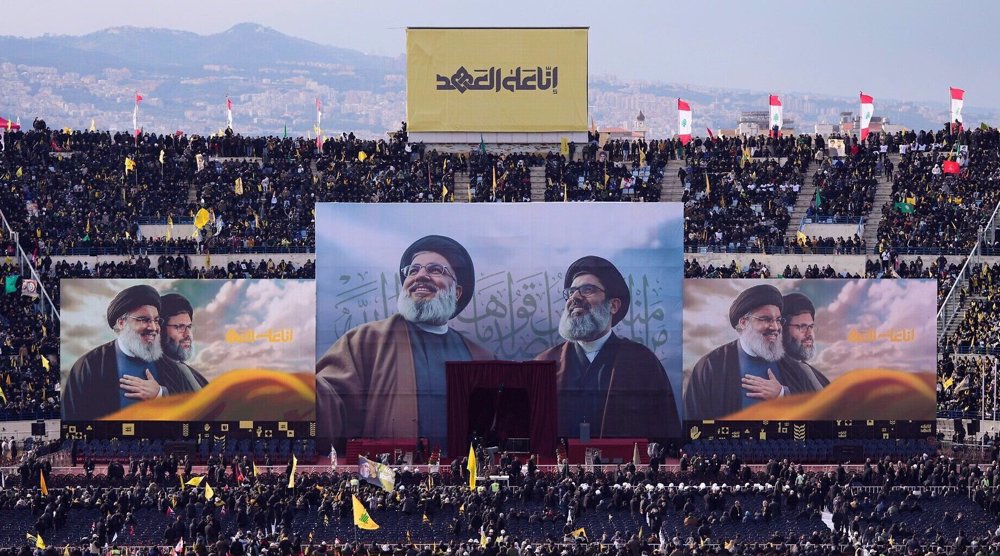
Nasrallah shattered myth of Israeli military’s invincibility: Top Yemeni official
Australian senator smeared by anti-Iran groups for saying Iranian women 'have a voice'
Hezbollah's display of power proved resistance cannot be eliminated: Iran parl. speaker
Israel escalates West Bank raids as official says regime seeking to complete Gaza genocide
Palestinian man dies in Israeli prison as Foreign Ministry urges intl. probe into regime’s crimes
Putin says not opposed to Europeans’ involvement in Ukraine talks
VIDEO | Iranian Kurdish protesters demand European action against PKK, PJAK terror
VIDEO | Israel expands offensive in northern West Bank, deploys tanks to Jenin
VIDEO | Spaniards fill streets of Cádiz in solidarity with Palestine


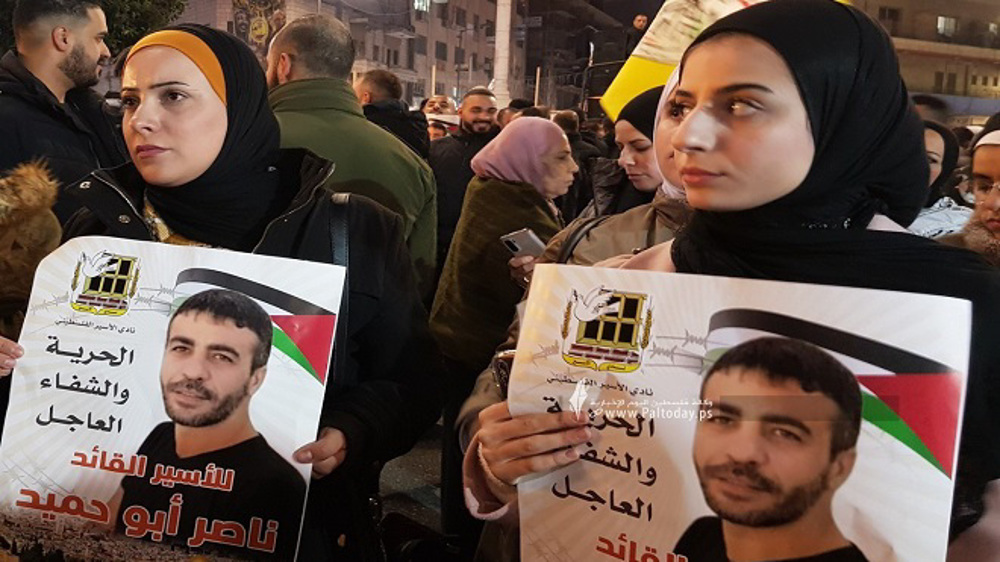
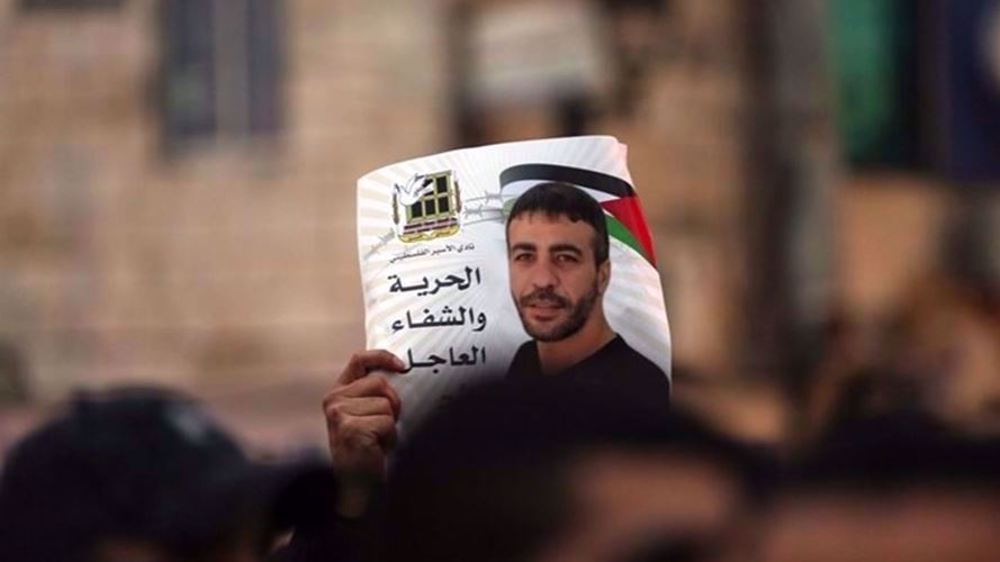
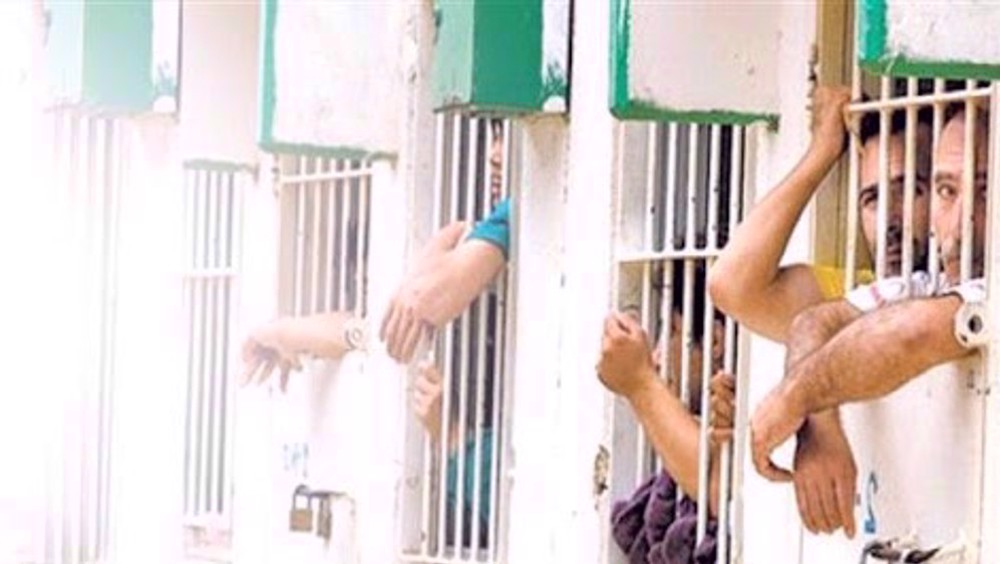
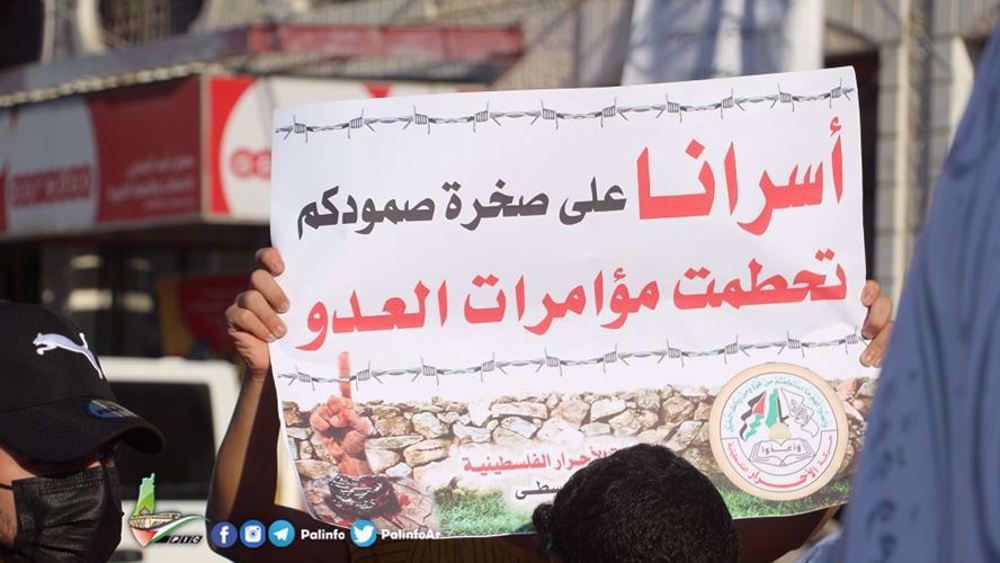



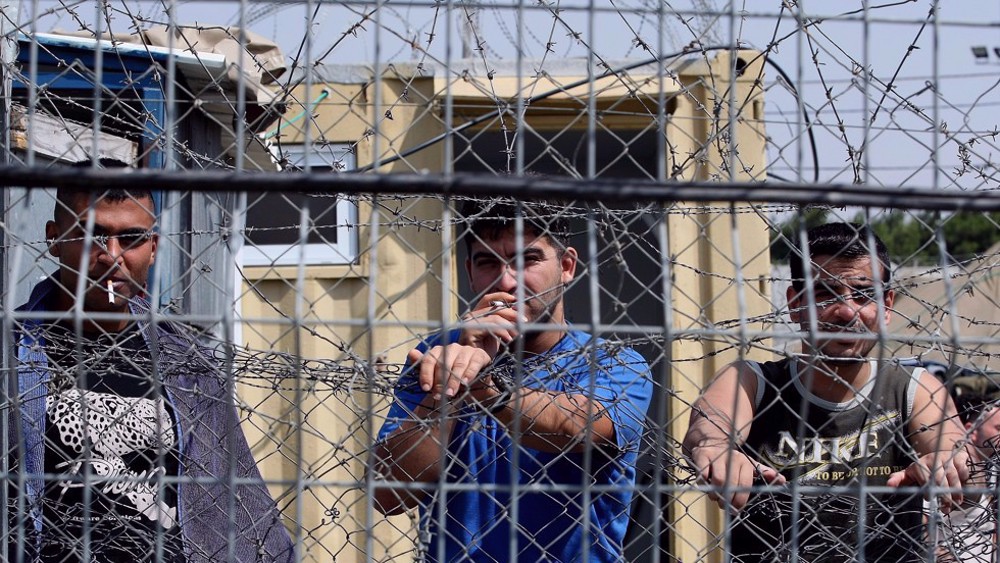
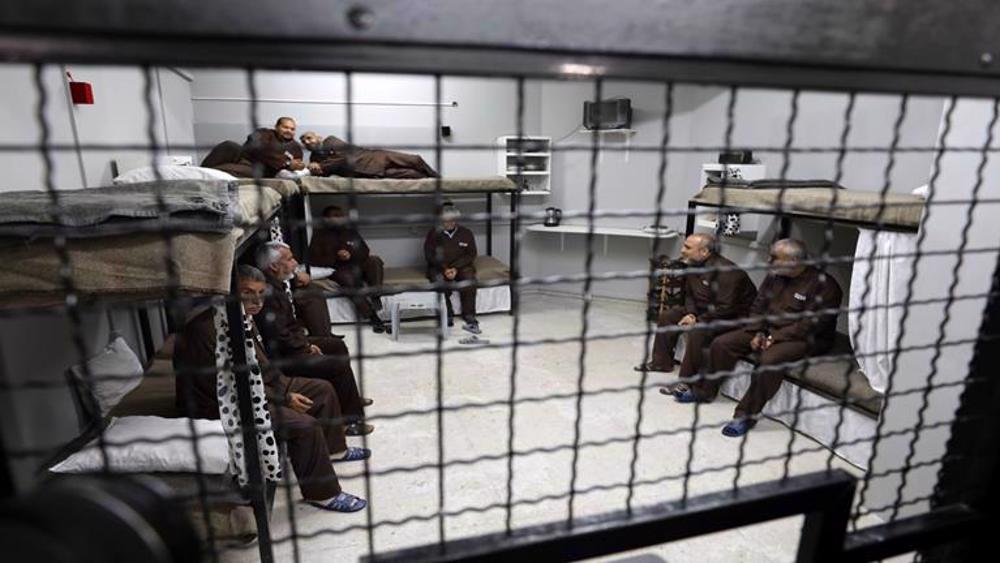
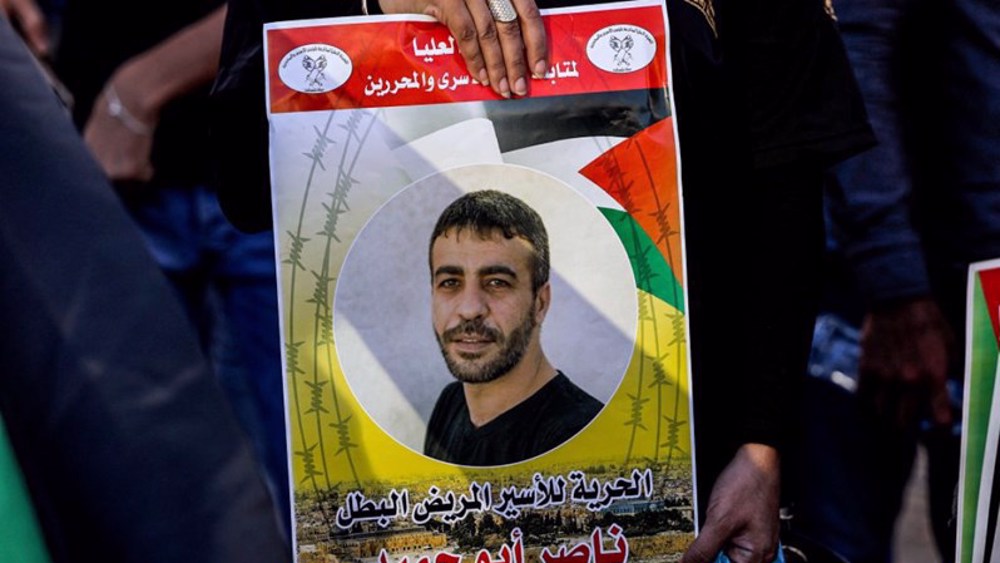
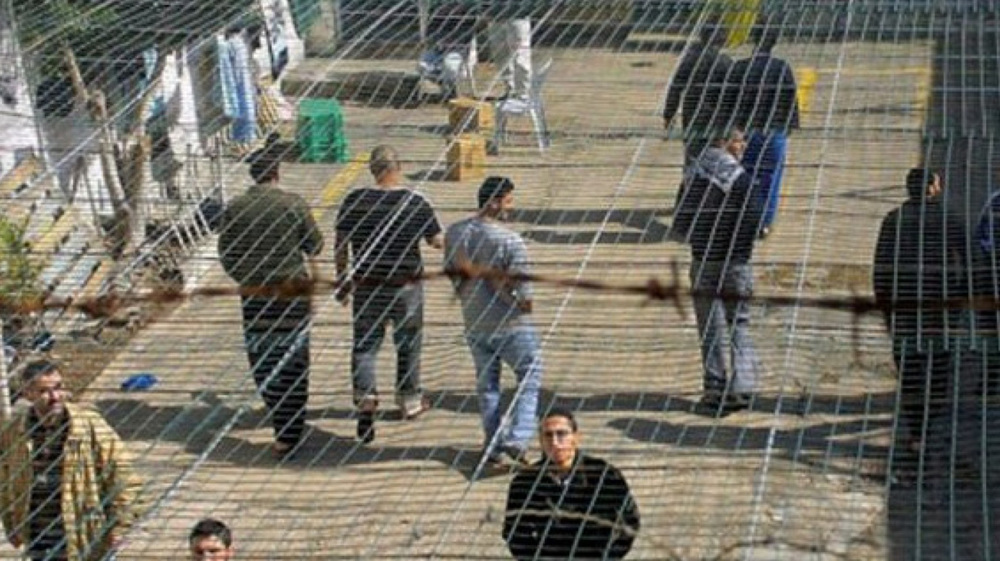
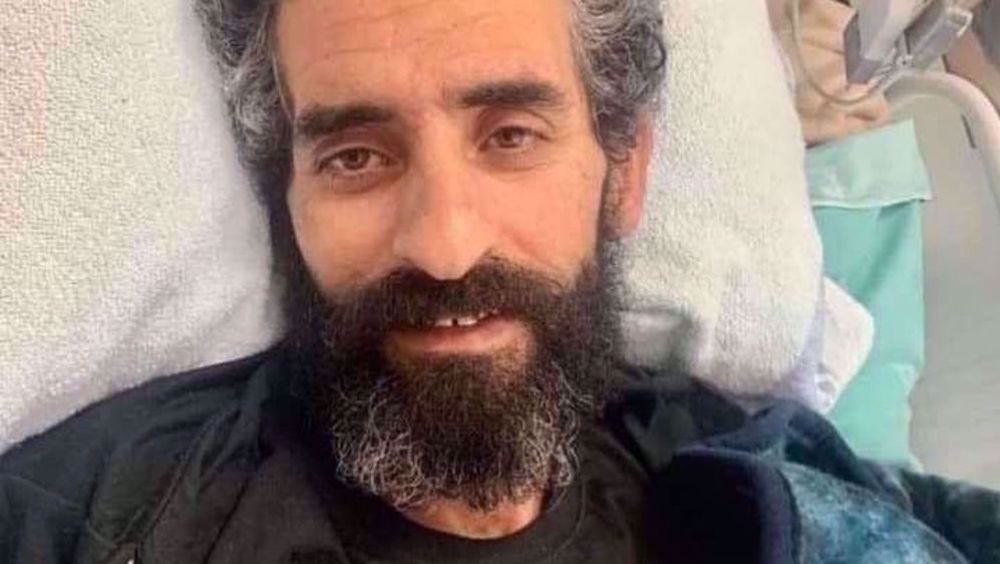
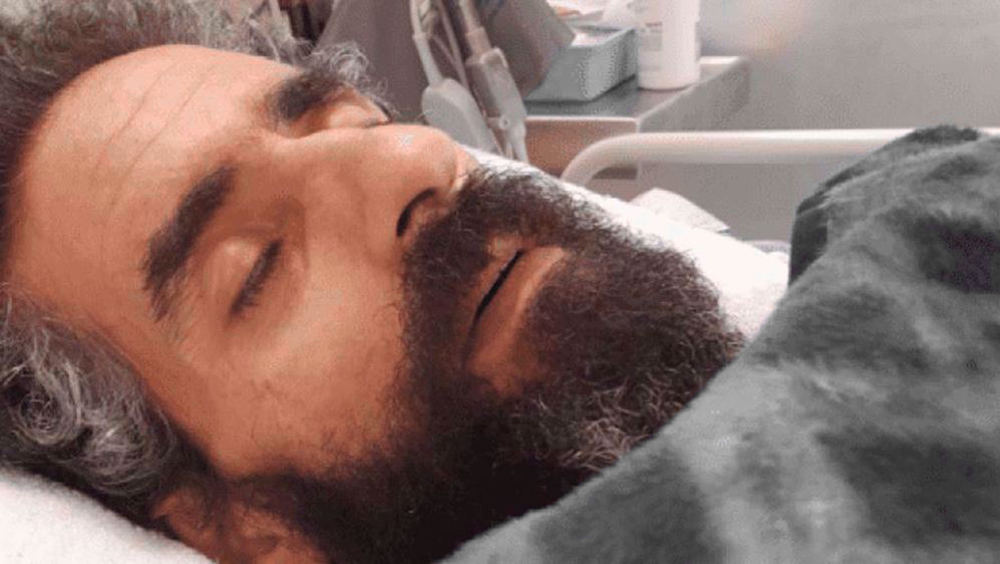
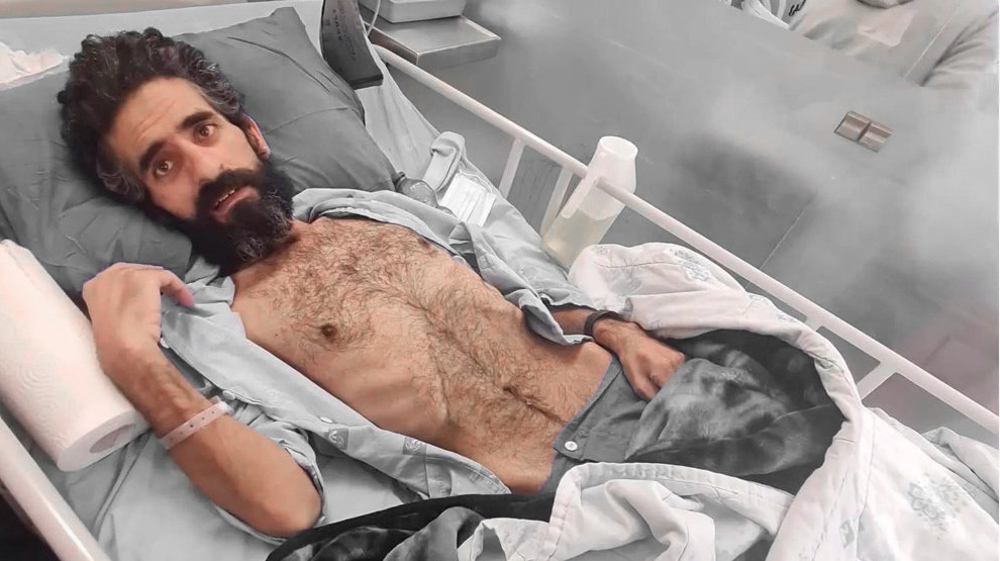
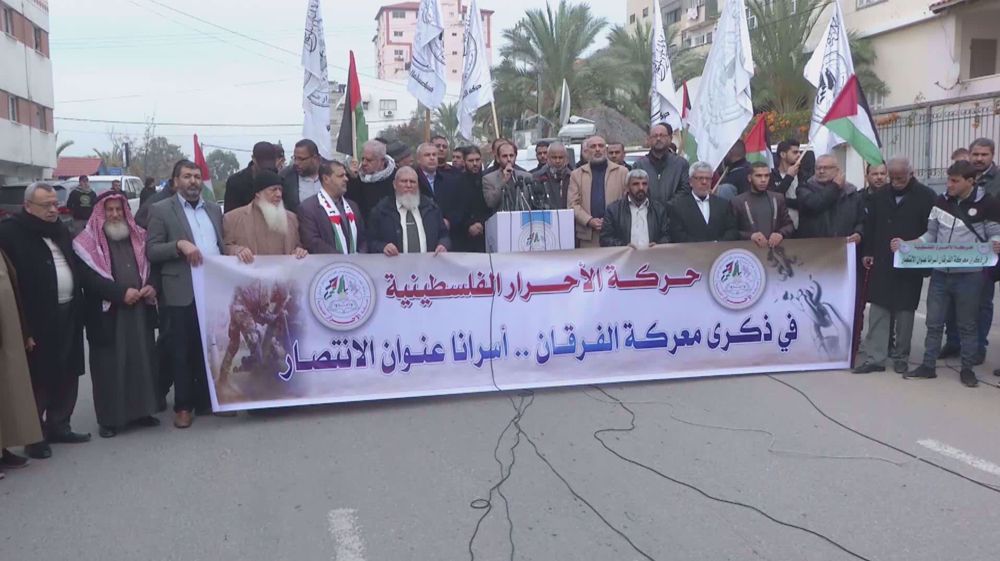

 This makes it easy to access the Press TV website
This makes it easy to access the Press TV website